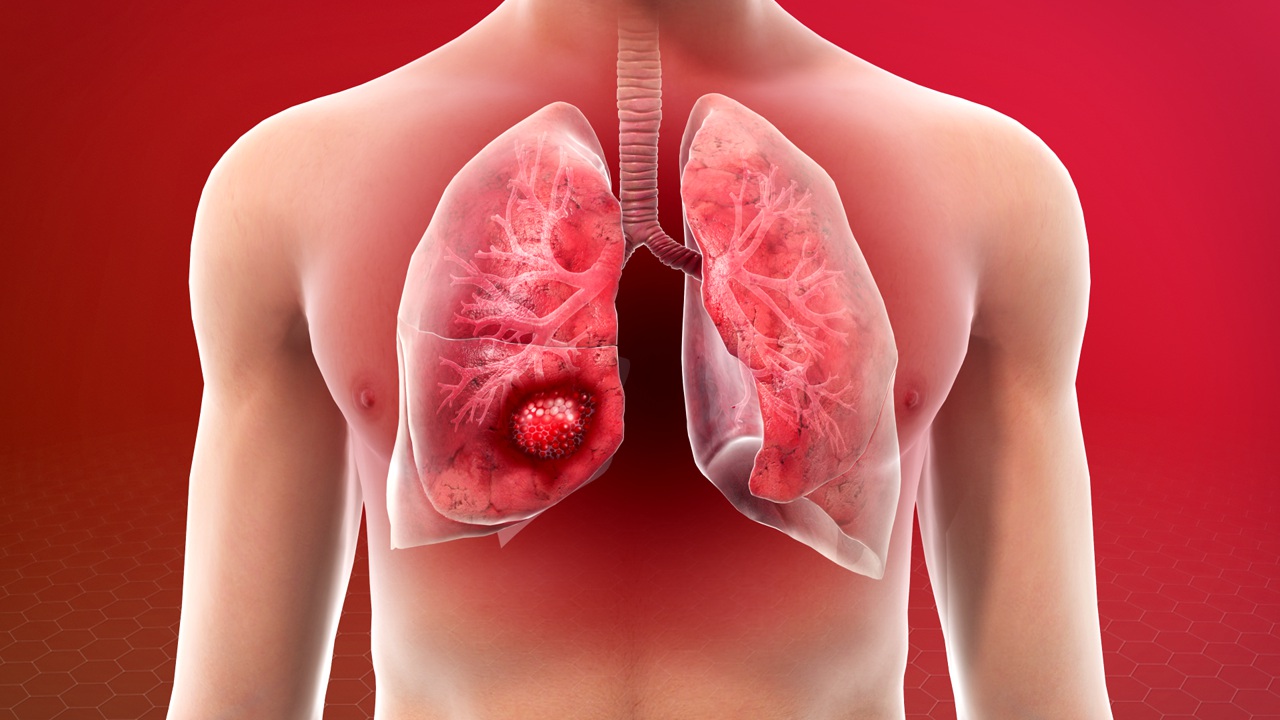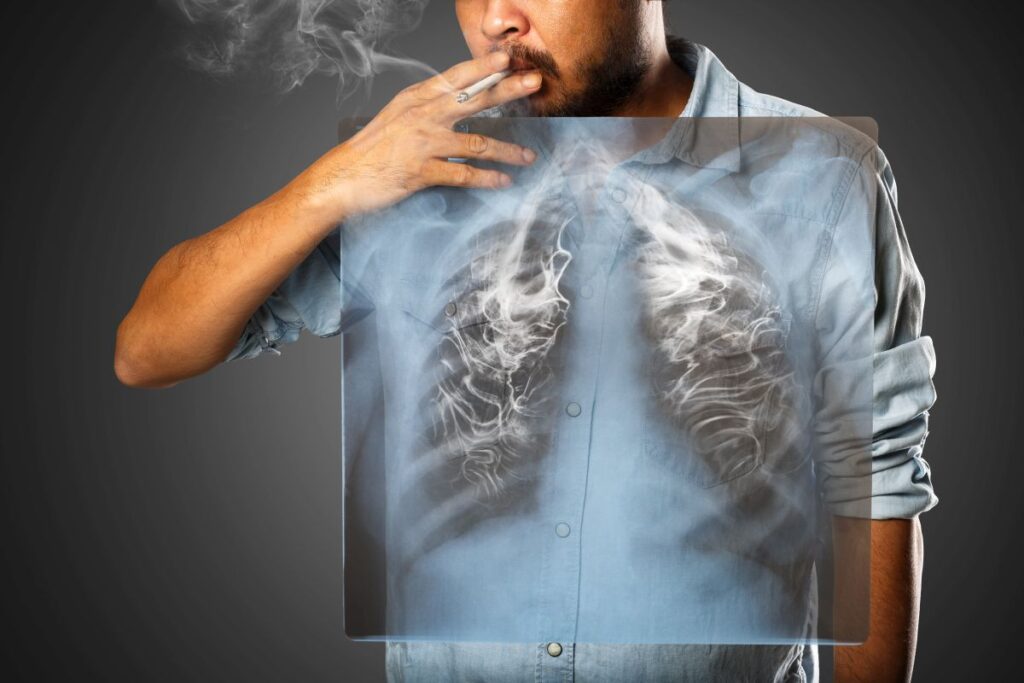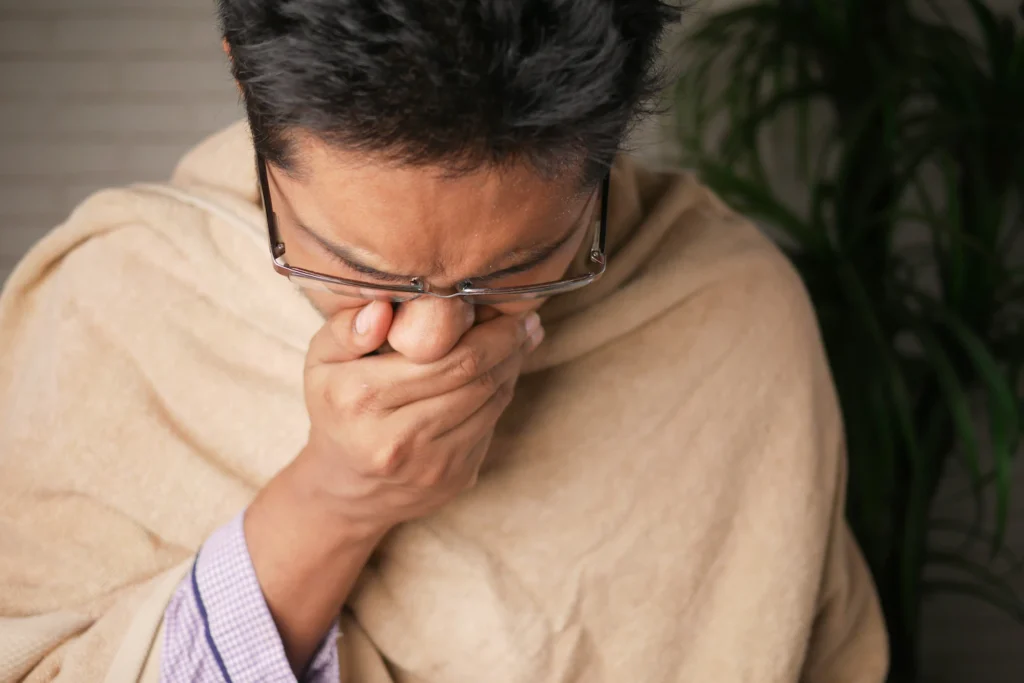
Cancer is an unfortunately common disease faced by millions of people every year, and it can manifest throughout the body in countless different ways, affecting nearly every conceivable organ. One of the most prominent types of cancer is lung cancer, which affects your lungs directly, making it harder to breathe and eventually resulting in complications that can lead to death.
What are the most important causes of lung cancer to understand? And what steps can you take to prevent lung cancer in your own life?
Table of Contents
The Many Types of Lung Cancer
First, it’s important to address the fact that there are many different types of lung cancer. While any cancerous development that occurs in and around the lungs can technically be referred to as lung cancer accurately, this generic term applies to diseases that can arise in many different ways.
For example, pleural mesothelioma is a specific type of lung cancer that exclusively emerges in response to exposure to a specific carcinogen known as asbestos. If you haven’t lived or worked near asbestos, your risk of developing pleural mesothelioma is practically zero.
Small cell lung cancer is a type of cancer that almost only occurs in people who smoke heavily for many years. It’s generally rarer than non-small cell lung cancer, which itself is a catch-all term for many types of lung cancer, like squamous cell carcinoma, adenocarcinoma and large cell carcinoma.
Still, most of these types of lung cancer have most attributes in common, including risk factors and underlying causes.
Smoking: The Biggest Cause of Lung Cancer

Source: compassoncology.com
Smoking is arguably the biggest cause of lung cancer, and it’s certainly the one that’s easiest to prevent. Cigarette smoke contains many different cancer-causing agents, known as carcinogens. Carcinogens can be found in almost any type of smoke, including smoke from backyard fires and fireplaces, but they’re especially common in tobacco cigarettes.
Carcinogens come in a variety of different forms and affect the body in a variety of different ways, but they all are capable of doing damage to your cells. When this damage occurs, there’s a small chance of a cancerous mutation developing, so as your body sustains more damage from carcinogens, your risk of cancer increases.
If you’re a moderate to heavy smoker for many years or even decades, your risk of developing lung cancer increases precipitously over time. Fortunately, all you have to do to negate this effect is stop smoking; even heavy smokers have the potential to greatly reduce their risk of lung cancer if they quit.
Risk Factors for Lung Cancer

Source: no-smoke.org
Other than smoking, these are some of the most prominent risk factors for lung cancer:
- Exposure to smoke. You don’t have to be a smoker to bear the weight of lung cancer risk increases from smoke exposure; exposure to second hand cigarette smoke or smoke from other sources can also increase your risk.
- Radiation therapy. Radiation therapy is a powerful tool, but it can also increase your risk of other types of cancer. If you’ve undergone a different type of radiation therapy in the past, your risk of lung cancer is higher.
- Radon gas exposure. Radon is a naturally occurring gas that may or may not be found in your home. Excessive radon exposure, over the course of years or decades, can increase your risk of lung cancer.
- Exposure to carcinogens. Exposure to other types of carcinogens, especially on a repetitive basis, can increase your risk of lung cancer as well. Always be sure to read and learn about substances to which you’ll be exposed.
- Family history of lung cancer. Lung cancer may have a genetic component. If you have multiple family members who have developed lung cancer in the past, your risk of developing lung cancer will be higher.
- Advanced age. The risk of developing cancer increases with age, because as we age, our cells have more opportunities to divide and create mutations that eventually result in cancerous developments.
Potential Signs of Lung Cancer

Source: metropolisindia.com
If you experience any of the following symptoms, it’s a good idea to talk to a doctor as soon as possible about a potential lung cancer diagnosis:
- Breathing difficulties. Unexplained breathing problems and shortness of breath can be an early sign of lung cancer.
- Coughing blood. Coughing up blood isn’t normal. It may be a sign of cancer.
- Lung/chest pain. Lung and chest pain that you can’t explain is common in lung cancer patients.
- Fluid buildup. Pleural effusion, or fluid buildup, is another common sign of lung cancer.
Lung cancer isn’t just relegated to heavy smokers. Almost all of us have at least some risk of developing this disease, given the right environment or the right genes. The better you understand your risk factors, and the more you optimize your life for reducing cancer risk, the less susceptible you’ll be to this deadly disease.







